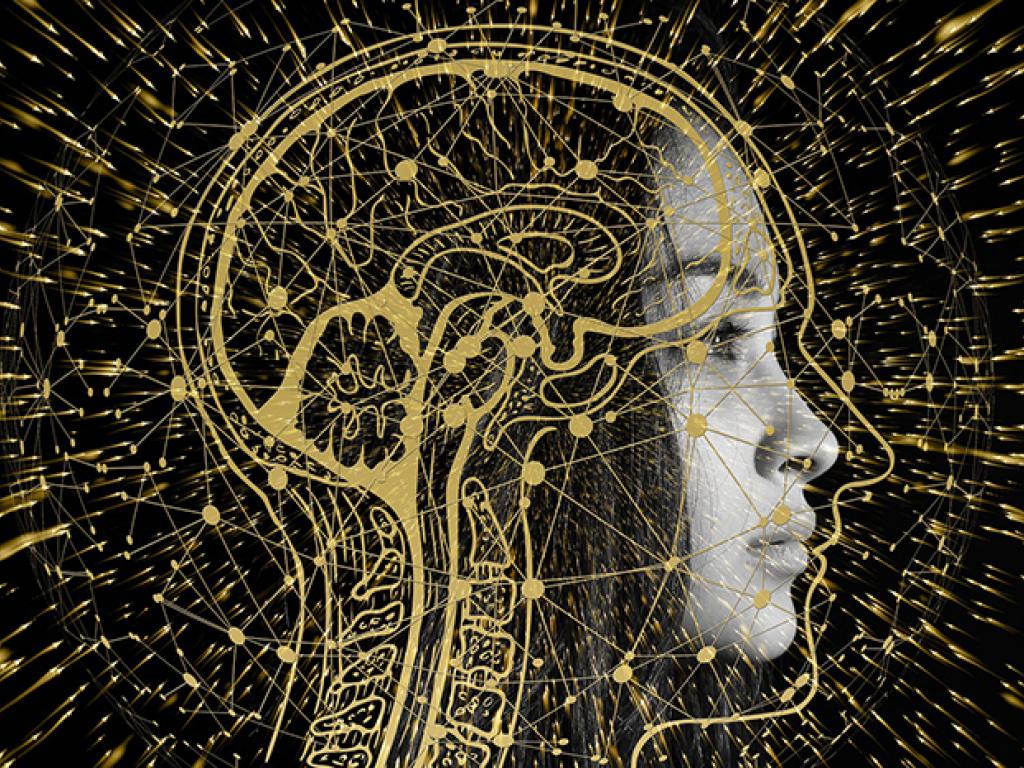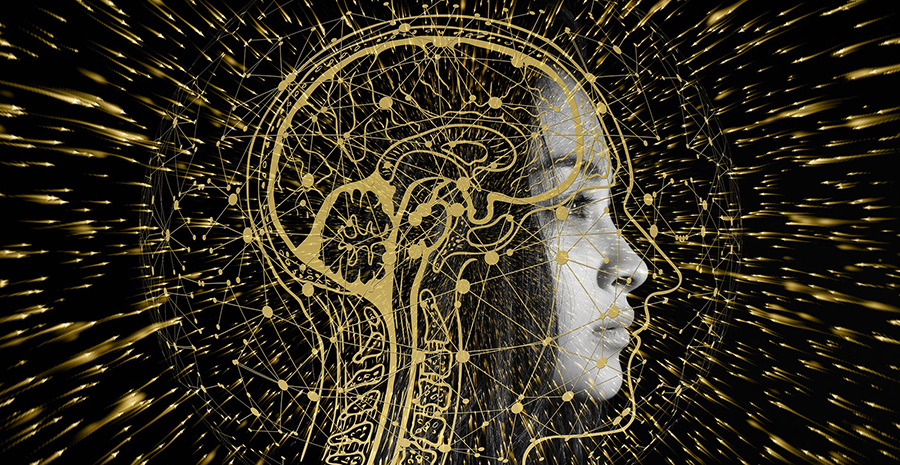Will artificial intelligence shape the future?


The UCT Summer School presented an online discussion around artificial intelligence on 2 December 2020 and the speakers, Associate Professor Deshen Moodley and Professor Tommie Meyer, both in UCT’s Department of Computer Science, were in agreement that artificial intelligence is likely to play a crucial role in our future but perhaps not in the way we usually imagine. The session was chaired by Prof Alison Lewis, Dean, Faculty of Engineering and the Built Environment.
Prof Moodley has a special research interest in the development of systems that constantly learn and adapt to a dynamic and evolving environment, while Professor Tommie Meyer is recognized internationally as an expert in knowledge representation and reasoning. The two speakers are joint co-founders and co-directors of the Centre for Artificial Intelligence Research, with Meyer being more of the theoretician and Moodley being the on the applied side of the team.
Artificial intelligence is often seen as either a cure-all for all the world’s ills or something that will destroy us completely, but Meyer referenced AI expert Dr Rodney Brooks who says that getting artificial intelligence to work in the real world is much harder than most people believe.
Defining AI broadly as intelligent automation, Meyer provided some examples, including chess and Go playing machines. Currently the focus is on machine and deep learning, which is based on a formal constructions known as neural networks. “Even though there seems to be some version of intelligence, it’s not really what humans think of as intelligence,” says Meyer. “It really boils down to what we think of as intelligence and being able to think. The goal keeps changing, but we haven’t come near to real intelligence with the algorithms that are currently available.”
AI consists of various sub-categories, with machine learning being just one, and including natural language processing, and knowledge representation and reasoning, among others. Meyer believes that there while there have been some great breakthroughs in the field, general investment is crucial in order to make continued progress.
AI is not a standalone technology, but rather an enabling technology. While it enables new types of digitalization, it is only part of an IT solution. A frequent question is whether AI is a future technology or if it’s already here. This is a shifting goalpost, says Moodley, as technologies and our expectations evolve. For example, Google Maps looks at traffic patterns and uses AI techniques to dynamically extrapolate and optimize available data to provide useful information on what route to take on any given day. This is quite sophisticated technology but is now something we mostly take for granted. However, this technology allows for all sorts of other applications and services to be built on top of it, such as Uber, AirBnB, adding in new tools and techniques all the time.
“The idea of fusing information from diverse sensors and data sources and learning and adapting to new information as it becomes available is a powerful notion,” says Moodley, and “that’s where the excitement is.” AI techniques can be very useful and are already being implemented by corporations and government departments for tasks such as predicting faults at power stations or detecting fraud on tax returns. AI will likely develop in niche companies and technical skills are already becoming in high demand, but Moodley believes that innovation networks could be a powerful mechanism for shaping and building future capacity in AI in a more equitable and accessible way.
It’s a topic that generated many questions, such as Will robots take our jobs? This is a common concern, and Meyer believes that while some jobs make be taken by machines, other types of jobs will be created. Moodley concurs, suggesting that that job change is likely, so we will have to adapt, allowing AI to take over many of our most tedious tasks, while we focus on critical thinking.
If you are interested in studying AI, contact Tommie Meyer or Deshen Moodley.
